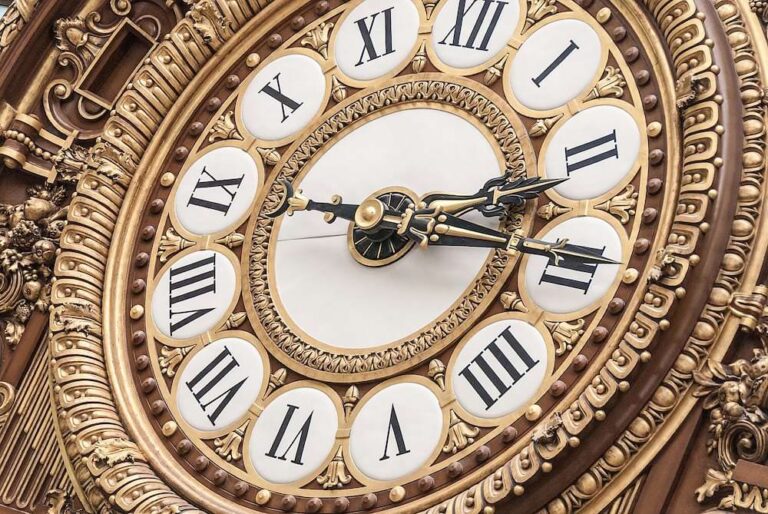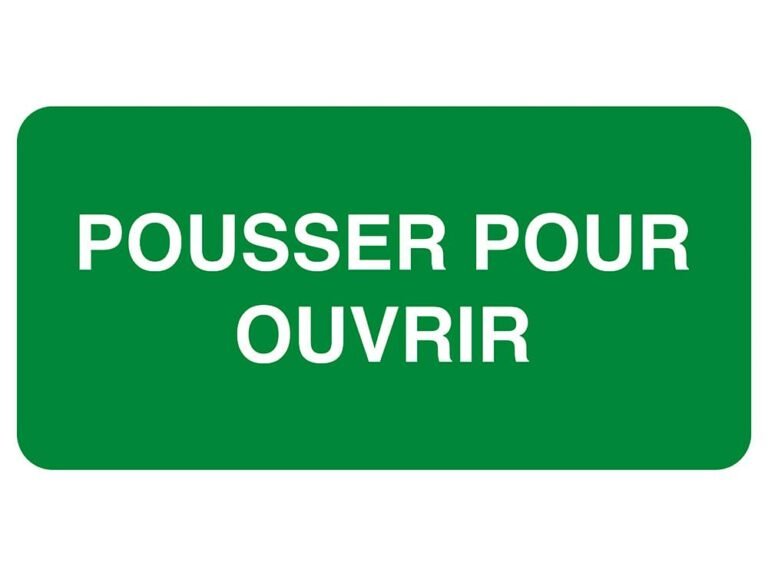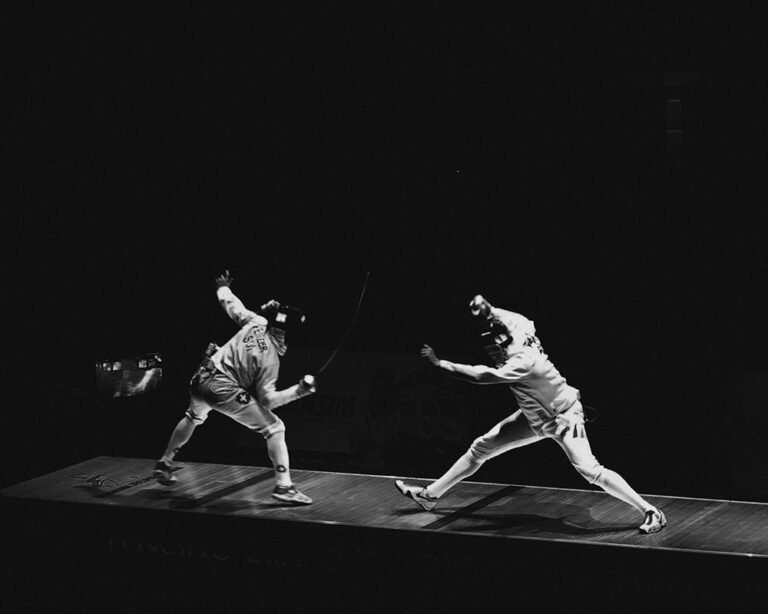Me during my French exam wondering what is the gender of a washing machine
Do you feel like the little girl in this meme? Never knowing the gender of a noun in French? There is in fact a logical reason for the gender of a washing machine in French.
A washing machine is a “lave-linge” in French. That word is made up of two individual words: “lave” which comes from “laver” – the verb meaning “to wash.” And “linge” meaning “linen” or “laundry.” So a “lave-linge” is literally a “wash-linen.” Or in English, a washing machine.
The structure of this word is verb-noun. “Lave” is a verb and “linge” is a noun. When you have French words made up of a verb and a noun, they are masculine in gender, not feminine. So it is “le lave-linge” (the washing machine) or “un lave-linge” (a washing machine).
Other examples of this kind of word are “le lave-vaisselle” (the “wash-dishes” or dishwasher), “le porte-monnaie” (the “carry-change” or wallet) and “le pare-brise” (the “shield-breeze” or windshield).
These compound words are all masculine, even if they CONTAIN a feminine noun. Eg “la vaiselle” the dishes is a feminine noun. So too is “la monnaie” the change, or “la brise,” the breeze. The presence of a feminine noun doesn’t change the fact that the compound word is masculine.
Can you guess what “un pince-nez” does or looks like? Hint: it’s a 19th century style of eyeglasses.






